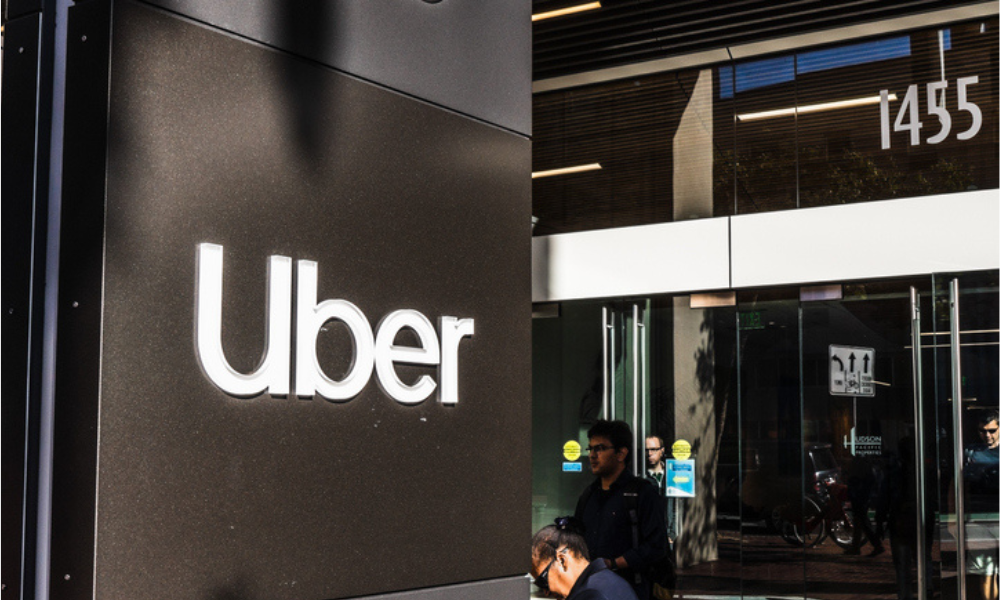
Uber employees entitled to benefits, minimum wage

The New Zealand Court of Appeal has dismissed Uber's case to overturn a ruling that declared four drivers of the ride-hailing giant as employees.
The Employment Court first ruled in 2022 that four Uber drivers were employees, making them entitled to benefits such as leave entitlements, holiday pay, as well as minimum wage.
Uber went to the Court of Appeal early this year to overturn this decision, only to lose as the appellate court upheld the Employment Court's ruling.
"The real nature of the relationship between the four drivers and Uber was that the drivers were employees of the Uber companies at times when they were logged into the Uber driver app," the court ruled.
"They were not carrying on their own independent transport service businesses during these periods."
Emma Foley, managing director of Uber Australia and New Zealand, said they would seek to appeal the decision again.
"The court's decision exacerbates the current state of uncertainty for workers who value the flexibility of contracted arrangements and for businesses across New Zealand that rely on contractor workforces," Foley said as quoted by Radio New Zealand.
One of the drivers in the case, Nureddin Abdurahman, said the verdict is a "win for all working people."
"This decision is all about hope and will help them in moving forward with the appropriate rights of permanent employees," Abdurahman said in a statement.
The unions who represented the drivers also hailed the Court of Appeal's decision.
"This appeal and ruling now cements the fact that drivers have been misclassified as contractors and denied basic employment rights by Uber," said Dennis Maga, general secretary of the FIRST Union, in a statement.
Rachel Mackintosh, E tū National Secretary, added that the decision underscores the importance of workers' rights.
"Today's decision is a real cause for celebration, not just for the affected Uber workers but for the whole Aotearoa workforce, as it confirms what E tū and FIRST Union have long argued – fundamental workers’ rights are protected by law," Mackintosh said in a statement.
The Court of Appeal's decision comes as the New Zealand government seeks advice on policy options to ensure certainty in employment relationships between employers and contractors.
According to Foley, there is an urgent need for certainty in the law pertaining to such arrangements, Radio New Zealand reported.
"We believe such arrangements - where people have genuine flexibility and are also free to work for other companies, including competitors - are an important feature for all industries across New Zealand in the 21st century," Foley said as quoted by the news outlet.
But Mackintosh said the Court of Appeal's decision also serves as a "warning" to the government against tampering employment laws.
"As new ways of working emerge, it's crucial that our employment laws are there to protect working people, and not allow them to be exploited," she said in a statement.
The New Zealand Labour Party also urged Workplace Relations Minister Brook van Velden to abandon her contractor reforms.
"The minister should reject her ideologically focused attacks on workers' rights. In light of this decision, her contractor law reform work needs to be ditched," said Labour workplace relations spokesperson Camilla Belich in a statement.